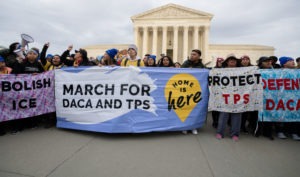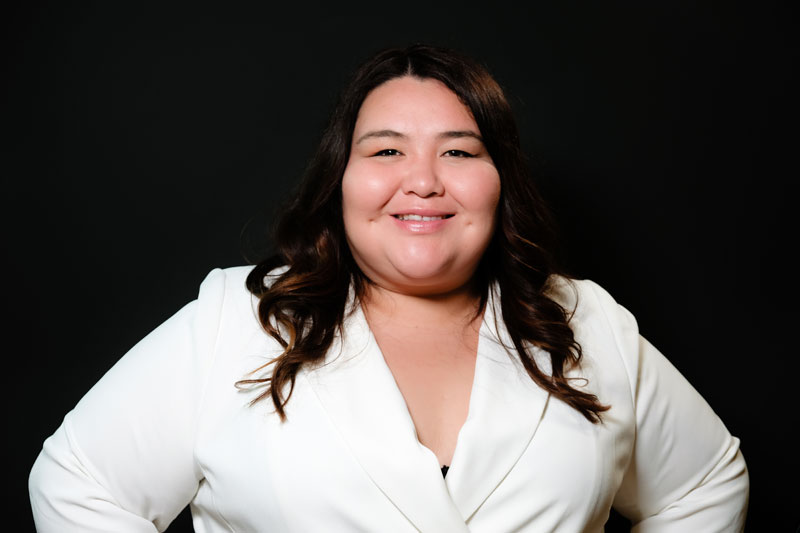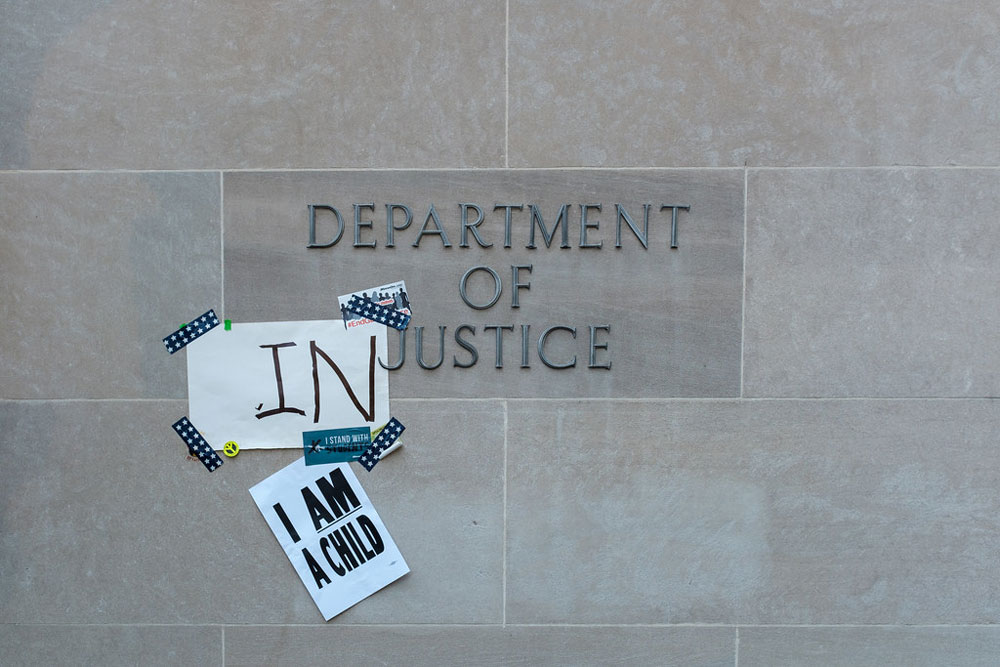April 6, 2015; Miami Herald
In the absence of a Supreme Court decision on King v. Burwell, there are things happening at the state government level that are of importance to nonprofits concerned about the provision of health insurance and the improvement of healthcare access for Americans under the Affordable Care Act.
Sign up for our free newsletters
Subscribe to NPQ's newsletters to have our top stories delivered directly to your inbox.
By signing up, you agree to our privacy policy and terms of use, and to receive messages from NPQ and our partners.
- In Florida, Governor Rick Scott, a Republican who would normally be thought of as opposing the expansion of Medicaid like many other southern Republican governors, was in favor of federal subsidies that would extend Medicaid to some 800,000 Floridians. He has now had a change of heart, announcing that the state can’t rely on the federal government for increased Medicaid funding given Florida’s stalled negotiations with the Centers for Medicare and Medicaid Services concerning a different program. Apparently, CMS has told Florida that the federal government will not fund the state’s Low Income Pool (LIP), which helps nonprofit hospitals pay for the treatment of low-income patients, at current federal funding levels. Florida’s state senate and many business and commerce groups are in favor of expanding Medicaid (despite the upper chamber’s Republican dominance). The Senate actually budgeted in $2 billion that it indicated the state would receive if Medicaid expansion were to go through. The Florida House of Representatives is not inclined to support the direction of the more moderately leaning Republicans in the Senate.
- In the category of actions meant to cut your nose off your face in spite, Republicans in the Nevada state legislature have proposed an amendment to the state’s constitution to ban insurance exchanges. State Senator Don Gustavson’s SJR14 is matched by State Assemblyman Brent Jones’s AB368, which would abolish the state’s exchange without going as far as amending the constitution. Their arguments against the state exchange, which actually doesn’t exist because it was terminated early on due to technical problems, include that a state exchange is an example of “federal overreach,” “duplicative” of what the federal government is already doing, and an example of the state’s “spend[ing] money on things that are inefficient.” Advocates of a state-based exchange suggest that it can be successful, evidenced by the increasing number of Nevadans purchasing health insurance through the federal exchange at healthcare.gov (with 2015’s signups twice the number of the first year of the ACA). Former senatorial candidate Sharron Angle was among the lineup of critics who testified in legislative hearings, according to Michelle Rindells of the Associated Press, that the exchange is reflective of a “federal initiative that steps on states’ rights, and…could someday become the only place people can buy insurance.”
- Fortunately, it’s not a mosaic of solely negative actions of state legislatures. In California, Democrats introduced a package of 10 bills meant to expand legal protections and resources for undocumented immigrants. State Senator Ricardo Lara, a Democrat from Bell Gardens, is the prime advocate of Senate Bill 4, which would allow undocumented immigrants to purchase insurance through Covered California, the state’s health insurance exchange, and make low-income undocumented immigrants eligible for Medi-Cal coverage, essentially the same as Medicaid. The Medi-Cal component would require a federal waiver, as federal law currently excludes undocumented immigrants from Medicaid. A version of this bill sponsored by Lara in the legislature last year that had been estimated to cost $1.3 billion failed to pass. Lara says that this new bill would cost less because it would not provide federal or state subsidies to undocumented immigrants who purchase private insurance, but he notes that the cost of uncompensated emergency room care is $1.7 billion, far in excess of SB 4.
Earlier this year, NPQ interviewed an expert on state government regulation issues who, requesting anonymity, explained that much of the game on the Affordable Care Act was destined to happen at the state level, not just the federal. In her estimation, the state exchanges were a “mixed bag,” some operating well, others flopping much like the federal exchange did in its first year of operations. States were behaving in sometimes unpredictable or counterintuitive ways—for example, the largely conservative Republican Kentucky operated a very successful state exchange and hosting one of the nation’s most successful healthcare insurance co-ops, while other more politically liberal states, such as blue state Maryland, suffered through hosting a very troubled exchange that served to undermine other healthcare reforms the state might have wanted to try.
Notwithstanding all the sturm und drang in Congress with its regularly repeated, Republican initiatives to cancel the ACA, the game may really be on the state level. “The rules on the ground are going to be made up at the state level,” she said. “We’re so sick about hearing that the feds will be dictating.”
So that leads to our questions for you, the NPQ reader: How well did your state do in the second open enrollment period for the Affordable Care Act? What changes did the state make to improve or harm the prospects for ACA success in your state with the exchange, Medicaid, or regulations on charity hospitals? What is happening now that bodes changes for the future of the Affordable Care Act in your state? You’re our information sources on this, so tell us what you’re seeing and experiencing.—Rick Cohen













